it’s hard for me to look back on a period of time as long as a month. of course, One month is also very short. march has ended just as swiftly as it began and i don’t even remember too much of it. i still can barely remember that it’s april, now. i think something people don’t talk about too much is just how much your grasp of time changes once you leave high school. your days become unstructured and they scatter in your mind. i can’t seem to wrangle more than four or five hours out of a day that’s supposed to hold 14.
i wish i could look back on march and recognize some sort of it’s character. maybe a flavor, maybe some sort of ambiance. but perhaps the curse of life is that i can only begin each month with an expectation of its air, its complexion— only to find myself so tangled up in it that i leave it without any coherent recollection. or maybe, on the other side of the coin, the curse of life is that we can only see these things, understand what was, once we are finally too distanced to grasp it anymore.
that said, my months are undeniably filled with media consumption— and one way that i can see my time in retrospect, is by reflecting on these books i read and movies i watch. for a while i’ve been wanting to do some sort of monthly wrap up, to give myself a place to write a bit about the books i read, mainly, and also to give you guys (if there even are any of You) recommendations. my life truly is filled with media. not in a late-capitalist-hellscape sense, (although that too as there’s not really any way to avoid it) but in the sense that i spend probably too much time just consuming art and media. without getting too cheesy, i really could not see my life without it. especially when it comes to books. if i didn’t read so much, if i wasn’t so passionate about all this, i really don’t know who i’d be. it’s not in an escapist way, but more in that i love the ways that these pieces of art can represent and explore the human experience, and i love knowing that i am constantly gaining more wisdom through them. it’s like i’m addicted to gaining wisdom, to understanding things. i’ve always kind of felt that life is about getting to the deepest, most profound, most penetrative, truth of everything, the best that i can until my time is up.
look at that! i said i wouldn’t get too cheesy but i went and got all “deep” and pretentious. i’m going to start talking about books now. honestly this may not have been the best month to start this with because most of the books i read were good but not any new favorites or anything. whatever i’m doing this. i’ve already committed. here we go.
but first, here’s my main spotify playlist from this month if u wanna listen along: (substack only allows a preview of the first 100 songs but this playlist has 127 so u may want to open it in the app on ur computer/phone)
Some of Them Will Carry Me ~ Giada Scodellaro (2022)
published by dorothyproject.com (NYRB)
rated: 5 (out of 5)
i was reading this all through february and finished it on the first of march, so it’s barely a march read. still, i’d like to say that i have truly never read anything like this. in the fall i saw it sitting in the “new” section of my local bookstore and, attracted by the cover and the fact that it looked like it explored race/gender, i bought it immediately. this is the first book by giada scodellaro and it’s truly a remarkable debut. compiled of short stories that (as the blurb says) “centers Black women in moments of imminent change”, it’s expressive and surreal, but also often candidly spoken in a certain way. i’m not sure how to describe this except that, despite not being of a singular narrative, Scodellaro really has created a world in these pages— one that feels alien and distant and yet eerily familiar. it’s detached yet sensual, desolate yet collective, meaningful yet methodical. it’s like a folktale of our future. absolutely a new favorite— if you’re up for some weirdness, i highly recommend. one thing i’d say, though, is to make sure your head is clear when you read it.
quotes/excerpts i like:
“Serendipità is allergic to lemon, so afterwards her throat, lips, and gums are swollen and bleeding. Afterwards, swollen and in the dark, she waters the plant.”
“In the night, they pretend to touch each other. From their designated and remote spaces they pretend to kiss, they pretend to whisper things. They reach out for each other’s fingers.”
“The woman’s eyes shine. She continues to stare at the ceiling from her place in the corner. The harp is playing and she’s close to crying. When she begins to do so it is quiet, the liquid running to her upper lip, running to the corner of her lip, and despite Kendra’s son’s ability to notice such details, he does not notice this.”
“The earth is folding in on itself, the water levels swelling irrevocably, and some form of the rumor persisting. Oh, how words persist! What the children’s children felt in their bodies, in their left knee: a hurricane. We had left them with nothing, Or with pollution there was nothing worth having.”
“I have never received a love letter, so I wrote one to myself. It is quite somber, brief. It’s not very kind, but it’s true. It ends: ‘I valued you for the first time. I don’t want to say more.’”
Night Sky with Exit Wounds ~ Ocean Vuong (2016)
published by copper canyon press
rated: 4 or 4.5 (out of 5)
i’ve had this book for a while and had never read it in full. before i dropped my english class (lol) we were beginning a unit on poetry and i was trying to figure out what i should do my project on (i was thinking something to do with queerness). and so i read this book. i really loved it. it’s undeniably stunning. the poems are queer, ferocious, tragic, ephemeral, dirty, holy, and dedicated. i do think it is just missing a *little* something for me to give it five stars, but also with it being a poetry collection i can’t discredit it too much for not being, idk, collective in itself? anyways, ocean vuong is incredible and we all know this already. i’ve been loving many of his poems for a while, and on earth we’re briefly gorgeous was one of my favorite 2022 reads. on the inside back cover i noted as i read: “violence + beauty; violence + love; the caress of destruction”. i was thinking about that and queerness, how there seems to be a level of violence inherent to queer love, maybe because of the danger to express queerness and queer love in our society. it’s very much an incomplete thought. i was reminded of a favorite film, Funeral Parade of Roses (1969): “I am a Wound and a Blade, a Victim and Executioner.”
my favorite poems were trojan, immigrant haibun, homewrecker, seventh circle of earth, on earth we’re briefly gorgeous, and queen under the hill.
quotes/excerpts i like:
“A flame caught in a mirror the width of a coffin.”
“for hunger is to give the body what it knows it cannot keep.”
“If you must know anything, know that you were born because no one else was coming. The ship rocked as you swelled inside me: love’s echo hardening a boy. Sometimes I feel like an ampersand. I wake up waiting for the crush. Maybe the body is the only question an answer can’t extinguish. How many kisses have we crushed to our lips in prayer— only too pick up the pieces? If you must know, the best way to understand a man is with your teeth. Once, I swallowed the rain through a whole green thunderstorm, Hours lying on my back, my girlhood open. The field everywhere beneath me. How sweet. The rain. How something that lives only to fall can be nothing but sweet. Water whittled down to intention. Intention into nourishment. Everyone can forget us— as long as you remember.”
Content Warning: Everything ~ Akwaeke Emezi (2022)
published by copper canyon press
rated: 3.5 (out of 5)
another poetry collection by a queer poet of color! emezi has published multiple novels that i’ve heard amazing things about although i have not read, but this is their first collection of poetry. i really enjoyed this but didn’t feel like it came together quite as much as i would prefer. definitely really great for a debut and i look forward to any more poetry in the future as well as checking out more of their work! i noticed there were some similar religious elements as night sky, as well as desire, destruction, trauma, and family. in all, it is swift and highly relevant.
favorite poems: please don’t remind me we’re ghosts; july 28; fuck me in a fresh grave; thousands; what if mary auntie explained mortality; and self-portrait as an angel
quotes/excerpts i like:
“glow so sadly in the moonlight of this alien place”
“sometimes it is hard to remember, she says / other times it is harder to forget”
“an orchard of figs bursts into fire / dead wasps cloud the air / fear tastes like a child’s forgiveness in my mouth”
“the gasping fall, the rotting manna, the gush of final salvations, the hills, the caves, so much dies out there. mary auntie sighs and a flock of sparrows crashes against my ear”
After Sappho ~ Selby Wynn Schwartz (2022)
published by galley beggar press
rated: 3.5 or 4 (out of 5)
i bought this shortly after it was longlisted for the national booker prize last year, but finally got around to reading it because it was chosen as the march fiction read for sapph-lit bookclub! basically, schwartz creates a sort of fictionalized collective history of queer/feminist women in late 19th/early 20th century europe. this collective identity is expressed through schwartz’ use of first person plural, with the idea that “we are/were/would become sappho”. the form of the book is basically plotless, but in vignettes of different women and their experiences and relationships to each other. the tone remains slightly elusive, evoking that feeling of a history that cannot always be clear, but still feels very intimate. we follow women/non-men (because there is something to be said about the gender identity of some of these people who expressed a nonconformity to gender/womanhood but may not have had contemporary words to define it) such as lina poletti (who the book is sort of centered on), virginia woolf, colette, romaine brooks, vita sackville-west, and more. throughout these vignettes are occasionally explorations of fragments of sappho.
although my enthusiasm with the book dwindled after the first few chapters, which had reminded me of anne carson (who schwartz was probably very inspired by nonetheless, considering the carson quote for the epigraph as well as carson’s translations of sappho, if not, winter, used for all the sappho fragments) i overall found this book enjoyable and a rewarding read. whilst it occasionally dragged on, it was also very beautifully written at times, and i loved this idea of the interconnectivity of queer identity. i think that some people may be underrating this book because they expected more of a plot; like, they are used to just reading queer fantasy or something, and possibly didn't quite grasp this book's intention of being plotless and just vignettes and nice prose. (i also heard that for some it was difficult to keep track of all the characters, but that didn’t throw me off because i’m already pretty familiar with this whole scene of artists.) anyway, on the form, i actually think that this "fragmented" and vignetted form works very very nicely with the themes at play and the concept of a collective queer identity. i don't think any other form could have worked. there's just this feeling of being both connected and disconnected, like it is a part of you but also slipping right away, everything is so mortal and ephemeral, but also eternal in a sense.
one other thing i’d like to mention, though: i agree with what many have said about the lack of POC being kind of iffy. for most of the book i honestly didn't find it too problematic because i just felt like this book wasn't intending to cover any ground outside of europe so it wouldn't really be the author's fault for the lack of POC... but then there were just TWO pages thrown in there with josephine baker and another girl and it just felt so out of place, like an afterthought included simply for the sake of diversity. i think there could have been other ways to go about it.
quotes/excerpts i like:
“A poet is always living in kletic time, whatever her century. She is calling out, she is waiting. She lies down in the shade of the future and drowses among its roots. Her case is the genitive of remembering.”
“For ‘someone will remember us/I say/even in another time’, Sappho wrote. She was writing of the woman who would lie back with her in the cress and moss at the river’s edge, how darkness would gather in her lap as evening came over them, the melting from that darkness. One of the epithets of Sappho that is difficult to translate, even for a poet, is this darkly bright hollow of the body. It might be a fold of cloth or flesh, the shadow between breasts, or the surprise of twilight. It might be a sharp, haunted longing that surges in the viscera, ot it might be your lap heaped with violets. Whatever it is, Sappho writes, it lasts all night long.”
“Do you see, Lina asked Eugenia as they sat among its roots, how this cypress turns away from us, as if it has seen enough of humankind? The trees have an art unto themselves, it is only that we are too ignorant to understand their poems.”
“We wavered between invoking our desires aloud and shyly hoping that they would simply happen to us, like weather.”
“We wanted stories set about us like gleaming surfaces, reflecting and burnishing our hopes. Was it not at last our time to become?”
The Idiot ~ Elif Batuman (2017)
published by penguin press
rated: 3.5 or 4 (out of 5)
although i was reading other books simultaneously, this took me quite literally a month to read. here’s the thing— i get it. i get that it’s lack of narrative or conclusion or even straightforward meaning is the intention, as it directly imitates the protagonist’s experience of being an awkward and quirky first year college student who is still figuring everything out, making mistakes and learning things as she stumbles through this absurd world. batuman is undeniably clever. however, this still was very difficult to get through. i think that it may not totally be for me; while i appreciated sharp-witted writing, i think for a book to be over 400 pages i appreciate gaining some deeper wisdom throughout the experience, as well as generally more flowery prose. of course i’m conflicted, because on some level i did gain some wisdom just by experiencing this epic, as the whole purpose is for batuman to allow us to intimately experience it along with the protagonist. ah, i don’t know. i watched a talk that elif batuman did on this book and like i said she is undeniably very cool and intelligent. but i think i may resonate with her essays a bit more. i will say, i fucking loved the characters of svetlana and rózsa. ivan was a dickhead just ugh ew the perfect representation of a stupid little adult man.
on the inside of the back cover i normally write any ideas sparked throughout my reading experience, and for this book i wrote: “the flip side of desire is fear // how to teach + communicate w/ others? // always doing something wrong // absurdity/stupidity/senselessness of the world // perpetual awkwardness // the principles of communication? // the feeling of having too much of your life in front of you— plath plum tree analogy // not understanding feelings // expectations/what we think we need to get out of experiences”
one other thing is that at times this novel felt very queer! even though it mainly follows selin’s experience/relationship with ivan, the way selin occasionally described men and women, and just the way she saw the world, felt very queer to me and so i actually looked into whether or not batuman is queer and she actually is! she has a female partner and has stated that had decided some time ago to stop dating men (i can’t remember exactly when “some time ago” is but it was definitely post-college). if you don’t know, batuman wrote this book right after college and then, 20 or so years later, was drawn back to it, and edited it and published it. i guess i would be curious to know whether these moments of what i feel is queerness, may be accurate to my hypothesis, and whether they were present in the original manuscript (most likely written before batuman came to terms with her queerness and just general views on gender/feminism) or were only added as she edited it to become what it is now.
quotes/excerpts i like:
“The hits never stopped coming in adult life.”
“But to me, nineteen still felt old and somehow alien to who I was. It occured to me that it might take more than a year— maybe as many as seven years— to learn to feel nineteen.”
“I kept thinking about the uneven quality of time— the way it was almost always so empty, and then with no warning came a few days that felt so dense and alive and real that it seemed indisputable that that was what life was, that its real nature had finally been revealed. But then time passed and unthinkably grew dead again, and it turned out that the fullness had been an aberration and might never come back. I wanted to write about it while I could still feel it and see it around me, while the teacups still seemed to be trembling. Suddenly it occurred to me that maybe the point of writing wasn’t just to record something past but also to prolong the present, like in ‘One Thousand and One Nights’, the stretch out the time until the next thing happened…”
The Woman Who Killed the Fish ~ Clarice Lispector; translated by Benjamin Moser (of course) (published/translated 2022 but would have been written much earlier as she died in ‘77)
published by new directions (for their ‘storybook ND’ series)
rated: 3 (out of 5) (one point off for clarice being a dog person and not a cat person)
this is a collection of 4 short stories by my absolutely beloved clarice lispector. not to sound crazy but i do actually feel that i am spiritually connected to this woman. anyway these stories are children’s stories but they still hold clarice’s magic so they can be read by anyone of any age. they all follow animals, mainly pets. overall its a cute little book! if i was going to have a kid (which i’m not, but still) this would be the first thing i’d read to them. ‘gotta indoctrinate them young, you know?
quotes/excerpts i like:
“That’s how life went on. Gently, gently. The men were manning, the women were womaning, the boys and girls were boysandgirlsing, the winds were winding, and rain raining, the hens henning, the roosters roostering, the fig tree figtreeing, the eggs egging. And so forth. At this point, you must be complaining and asking: where’s the story?”
Where We Stand: Class Matters ~ bell hooks (2000)
published by routledge
rated: 4 (out of 5)
i’ve actually been reading this since january, just picking it up and reading a chapter when i can. consisting of about 14 essays on just what the title suggests, class, this book published over 20 years ago remains incredibly relevant, which is just a testament to hooks’ immense wisdom (RIP). hooks begins by stating that class may be one of the most overlooked aspects/oppressors of society, and yet it is so ingrained in everyday life, as well as other oppressive constructs such as race and gender, that it may be the most powerful. she then moves forward through the book by using her own experiences to outline the matters of class, such as her experience with her family in a lower class situation, to experiencing being lower class in a college that consisted mainly of higher class students, which separated her from her family (something that cherrie moraga also writes on in ‘from our revolutionary minds to a pedagogy of revolt’), to finally, gaining a higher income from her success but not leaving anyone behind as is the normative individualistic practice. through these essays we are able to see exactly the functions of class— how people in each class suffer the consequences of a class system yet simultaneously perpetuate it, how class intersects with race and gender, and how, ultimately, the only way out from this is a socialistic future. i’d highly recommend this book if you want to learn about class, which, in our late capitalist hellscape, is something very vital to understand. the language hooks uses is VERY accessible so i’d highly recommend this for beginners to leftism as well!
no quotes, but here is the pdf as many of hooks’ books are out of publication and difficult to find, i was just lucky enough to come accross one in a secondhand bookstore lol
The Xenofeminist Manifesto ~ Laboria Cuboniks (2018)
published by verso <3 (i have too many books from them lol)
rated: 4 (out of 5)
laboria cuboniks is not actually a single person but “a xenofeminist collective spread across five countries. she seeks to dismantle gender, destroy ‘the family’, and do away with nature as a guarantor of inegalitarian political positions”. i loved this but would definitely like to read it again sometime in the future. thankfully, it is short, as manifestos tend to be. this one sets out to illustrate the foundational beliefs of ‘xenofeminism’: a feminism for the 21st century that wikipedia (lol) defines as “a branch of feminism which rejects naturalism and posits the abolition of gender and/or gendered oppression through the posthumanist embrace of technology”. i already resonated with much of the ideas outlined but it was still very informative. however, the language is definitely a bit advanced— i don’t say that to be condescending, there were definitely some parts i had to read a few times before totally understanding. i wouldn’t recommend this for someone who is new to leftist/feminist ideology unless you wanna spend the whole time googling terms and concepts. (that said if anyone ever wants beginner leftist/feminist book recs lmk!)
i don’t think there’s any point in sharing any quotes from this one as well as its kind of hard to isolate a single sentence or something from a dense manifsto like this, but i’ll link the pdf here! i would, however, highly recommend buying a physical copy because the pdf doesn’t have the awesome graphic design that was a solid factor in how much i loved this. seriously the graphic design is so sleek and cool and a perfect way to literally illustrate the ideas of this text!
other things i read this month and loved:
film:
in the interest of not making this already long post even longer, i’m just gonna post some stills from my favorite films i watched this month, but go to my letterboxd @2wicebitten to find the full list of films as well as my ratings/thoughts/reviews! unfortunately, this is still gonna be long because there were so many films i loved this month. whoops.
concerts/etc:
march 15: godspeed you! black emperor; with my brother, for their five night run at the chapel in sf
march 23: depeche mode; with my mom, for their memento mori tour, at the golden 1 center in sacramento
march 25: weyes blood <3 (my second time seeing my favorite and the most brilliant and beautiful woman ever), opened by vagabon; with friends madeline and daya, at the civic center in sf
ahh okay that is it! sorry this is so long— if you got this far, do you think i should do these with each media type separate? or do it weekly? or is this fine? lmk! give me feedback! talk to me so i’m not just typing into a void (although that’s fun too, in its own way). have you read any of these books or wached any of these movies and have have thoughts? are there any cool books/movies/media you consumed this month that you’d like to recommend to me?








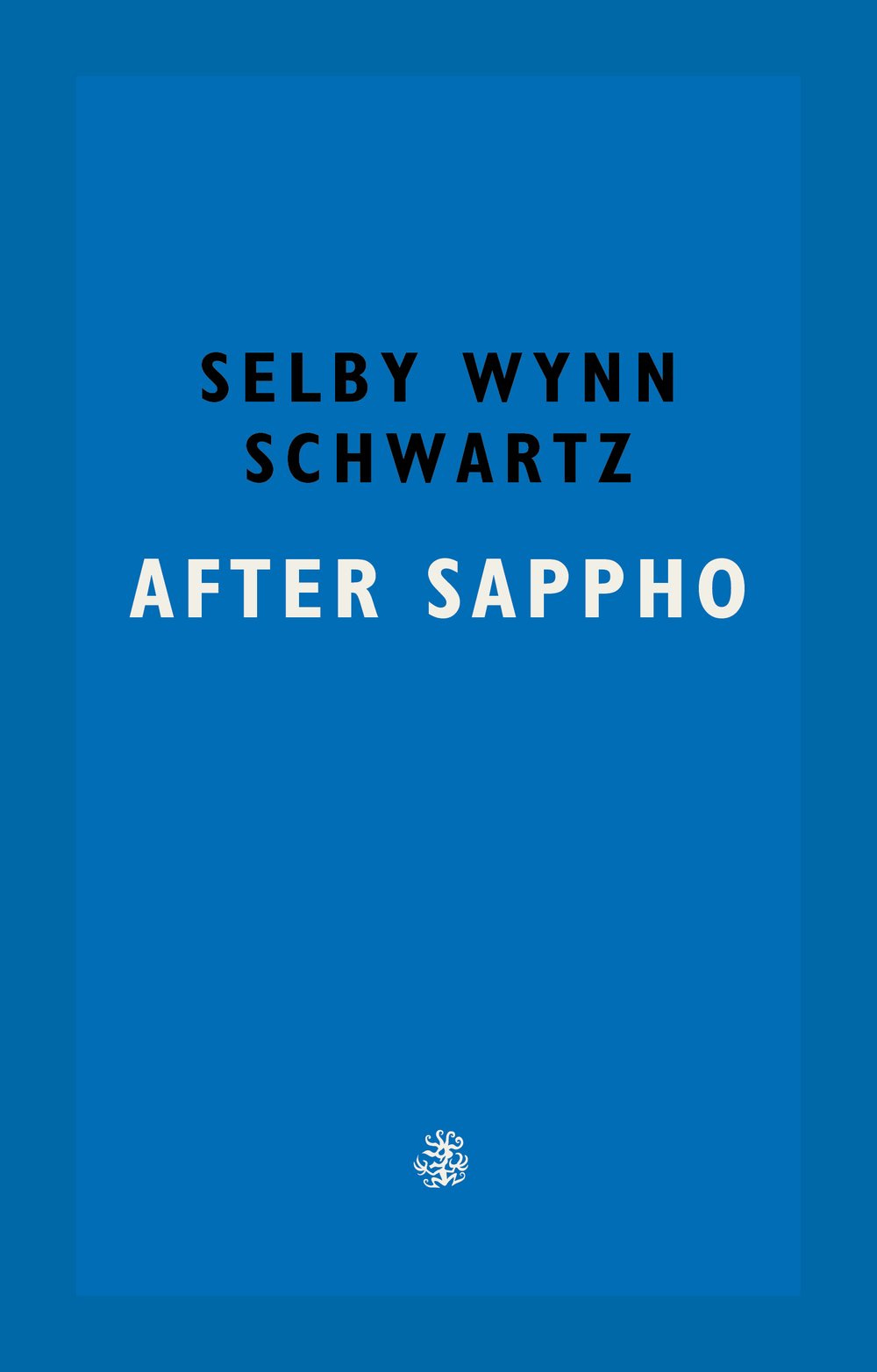


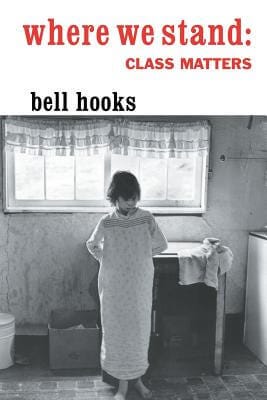
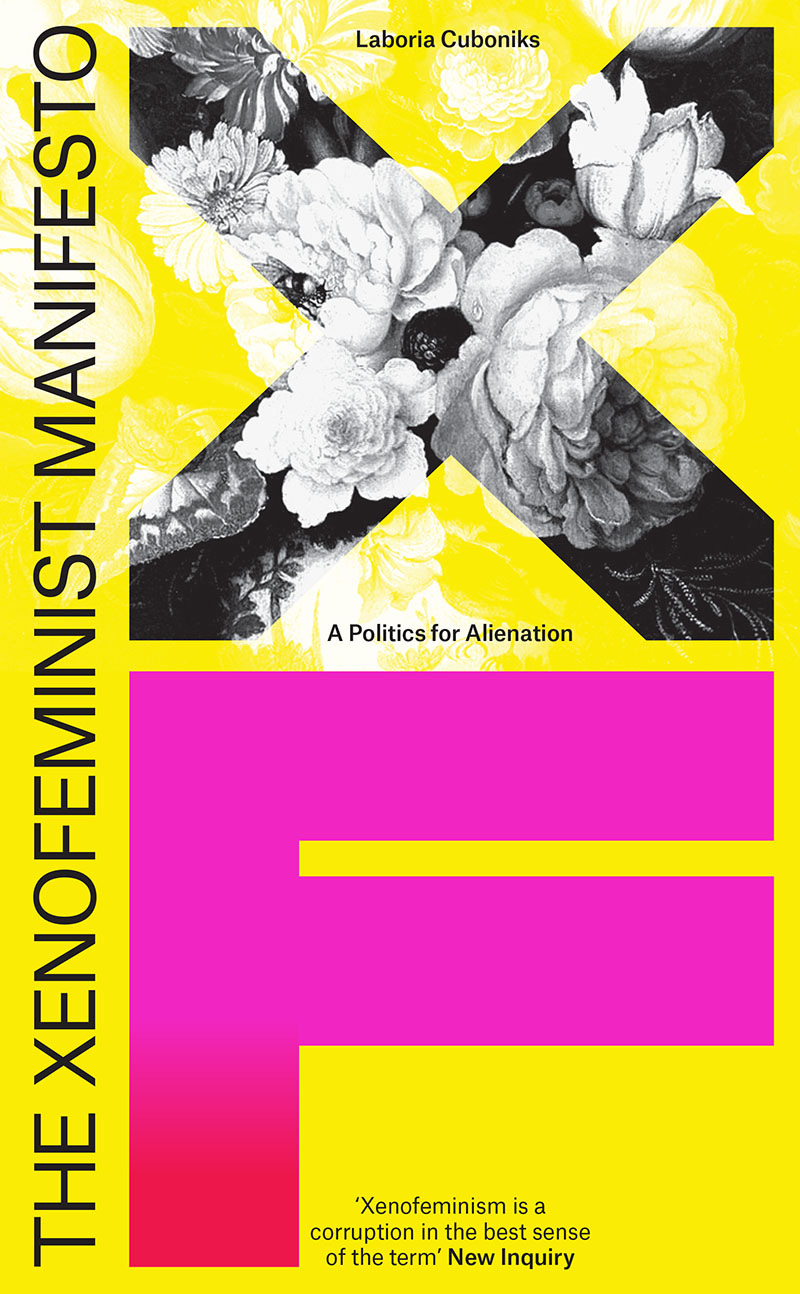
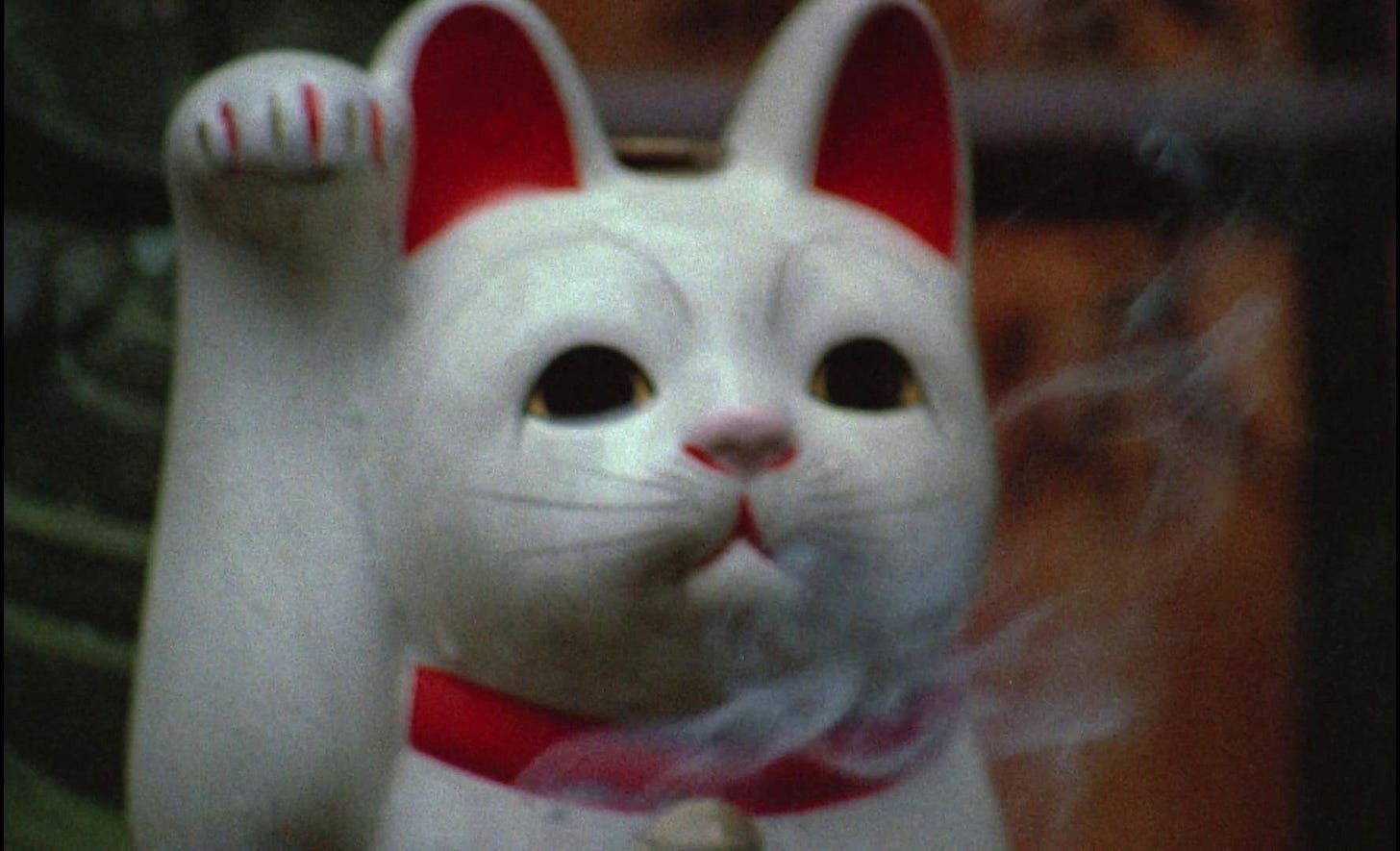


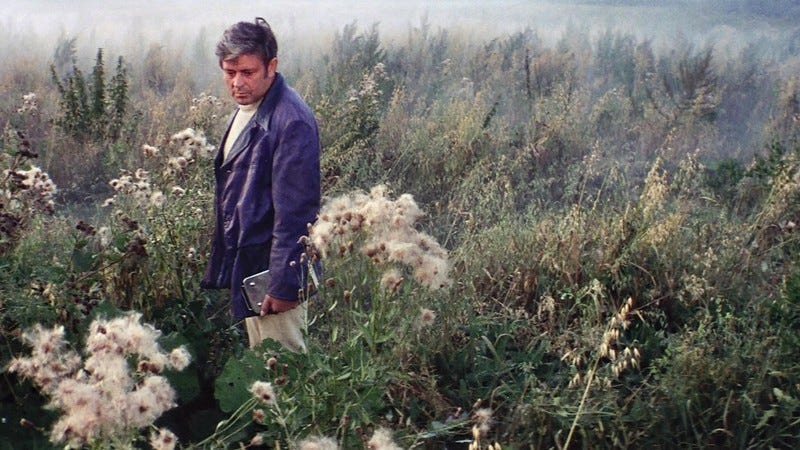
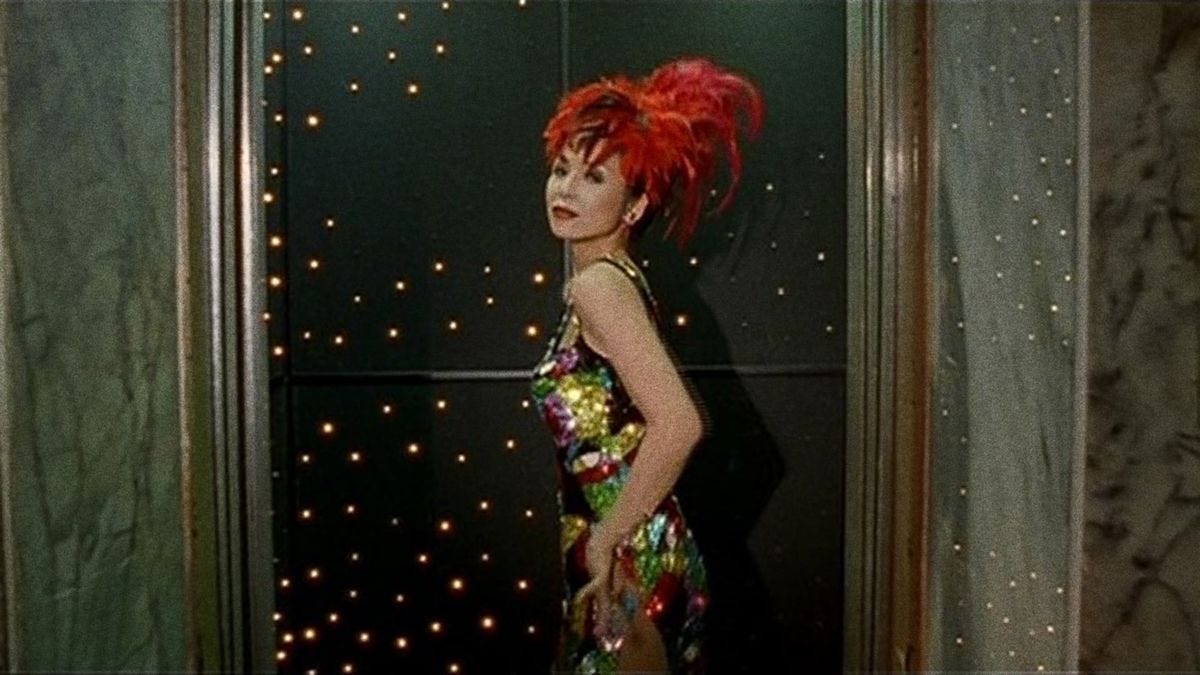
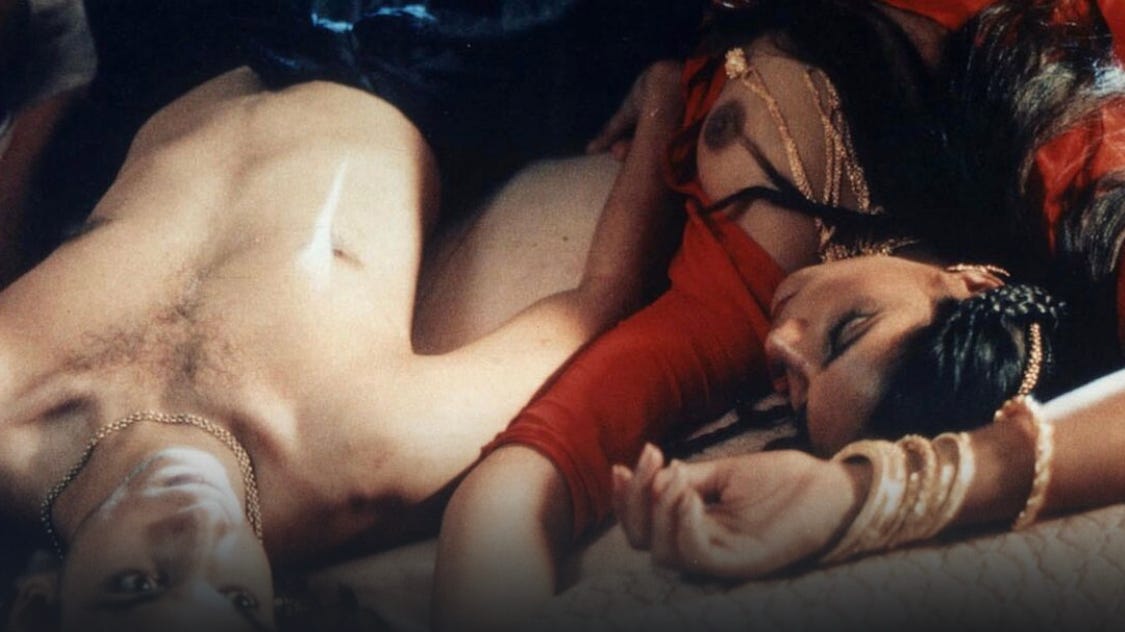





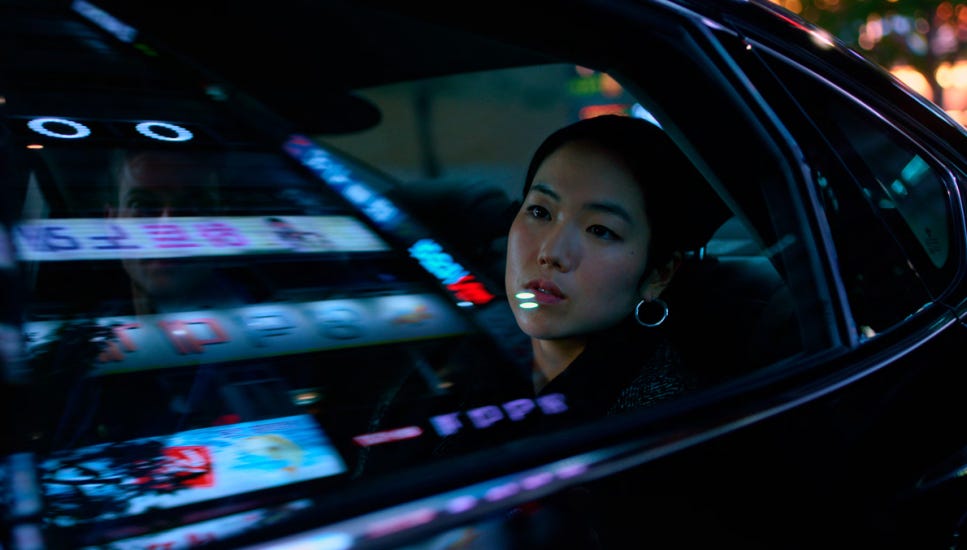

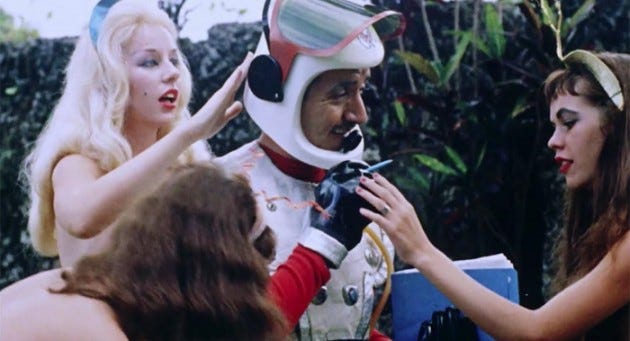
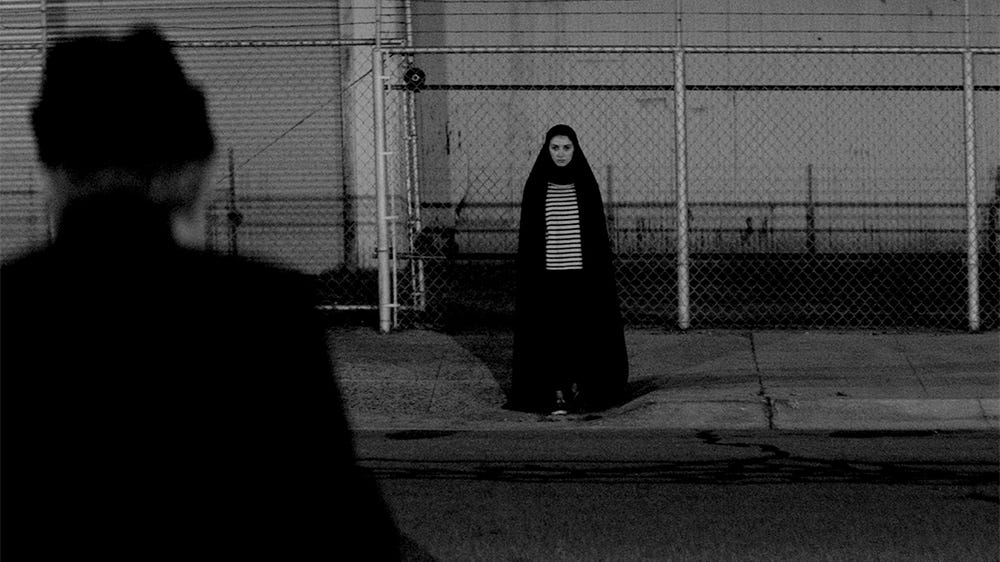

What beginner feminist books would you recommend? I’d love to hear your recommendations, you have amazing taste :)
absolutely loved reading these reviews! I don't read too much outside memoirs and rock biographies but your descriptions might put me onto something new- I think the emptiness of The Idiot might be exactly what I need right now. thanks for recommending my post too :')